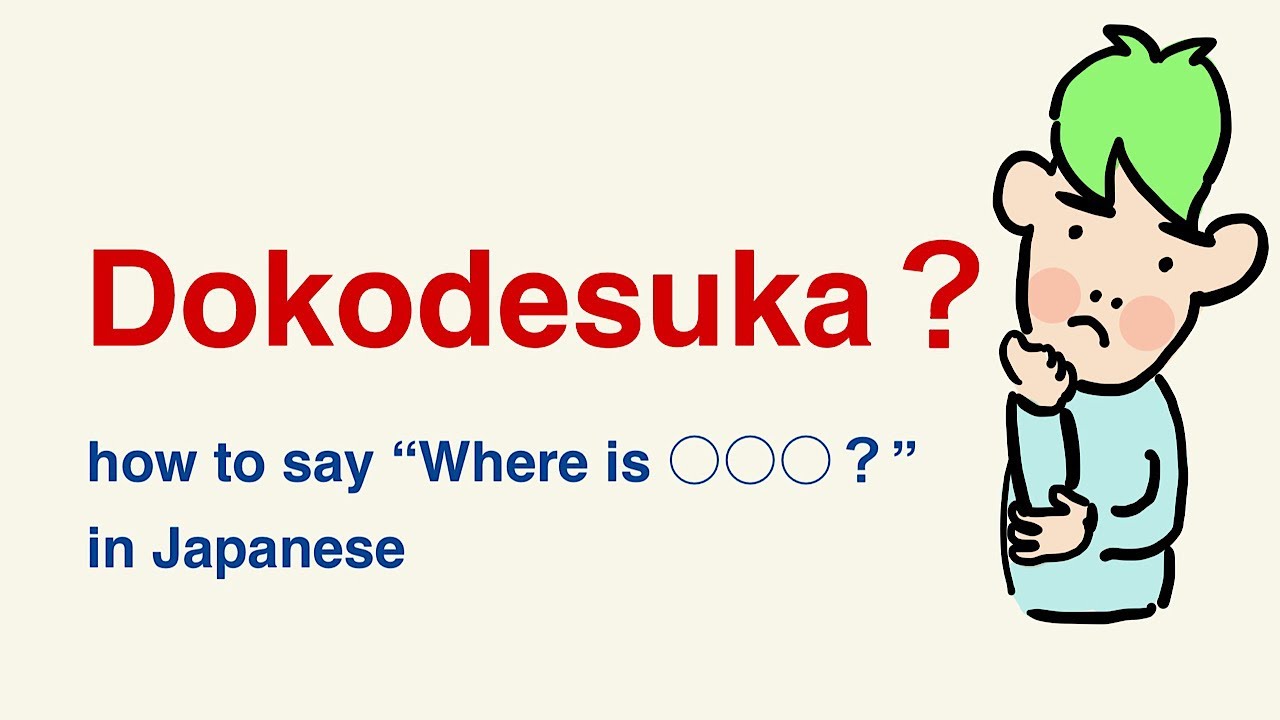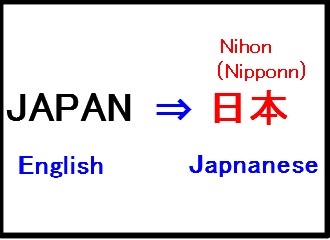
How To Say “Great” In Japanese (+good and best)
How To Say “Great” In Japanese (+Good and Best) Japanese is a language rich in expressions and nuances, and finding the right words to convey your feelings accurately can be a rewarding experience. One such commonly used term is “great,” which has several translations in Japanese, each carrying its own shade of meaning. In this […]
How To Say “Great” In Japanese (+Good and Best)
Japanese is a language rich in expressions and nuances, and finding the right words to convey your feelings accurately can be a rewarding experience. One such commonly used term is “great,” which has several translations in Japanese, each carrying its own shade of meaning. In this comprehensive guide, we will explore various ways to express “great” in Japanese, along with equivalents for “good” and “best.” By the end of this article, you will have a solid grasp of these essential Japanese expressions.
Saying “Great” in Japanese

1. すばらしい (Subarashii)
Subarashii is a versatile term in Japanese that translates to “great” or “wonderful.” It is used to describe something impressive, excellent, or extraordinary. Whether you’re praising a piece of art, a performance, or even an idea, subarashii is the go-to word to convey your admiration.
2. 素晴らしい (すばらしい) (Subarashii)
This is the same term as above, written using Kanji characters. While the pronunciation remains the same (subarashii), using Kanji adds a visual depth to the word, making it suitable for formal writing or occasions.
3. すごい (Sugoi)
Sugoi is an informal and widely used expression for “great” or “awesome” in Japanese. It is versatile and can be applied to a wide range of situations, from expressing amazement at a skillful performance to admiring a beautiful sunset.
4. 素晴らしいですね (すばらしいですね) (Subarashii desu ne)
This is a polite form of expressing admiration, often used in formal settings or when addressing someone of higher authority. Adding “desu ne” at the end conveys a sense of respect and politeness.
Expressing “Good” in Japanese

1. 良い (いい) (Ii)
Ii is the straightforward and widely used term for “good” in Japanese. It can be used to describe various aspects of goodness, from the quality of an object to a person’s character.
2. 良いですね (いいですね) (Ii desu ne)
Similar to the previous polite form, ii desu ne adds a touch of formality and respect when complimenting someone or something.
Identifying the “Best” in Japanese

1. 最高 (さいこう) (Saikou)
Saikou is the Japanese equivalent of “best.” It signifies the highest level of quality or excellence. Whether you’re referring to the best movie you’ve ever seen or the best meal you’ve ever had, saikou is the term to use.
2. 一番 (いちばん) (Ichiban)
While ichiban directly translates to “number one,” it is commonly used to mean “the best” in various contexts. It can refer to the best choice, the best option, or the best person.
Additional Notes

Remember that understanding the context and appropriateness of these expressions is crucial in Japanese culture. Using the right term in the right situation shows a deep appreciation for the language and its nuances.
For more insights into Japanese culture and language, be sure to follow in their dedicated “culture” section, which provides the latest updates on topics like How To Say “Great” In Japanese (+good and best). Don’t miss out on the opportunity to delve deeper into this fascinating subject.
FAQ
Q: Are there other ways to express “great” in Japanese?
A: Yes, while the mentioned terms are the most common, there are other expressions like 立派 (ripa) and 偉大 (idai) that can also convey a sense of greatness.
Q: Can I use these expressions in both formal and informal settings?
A: Yes, most of the expressions listed can be used in both casual conversations and formal situations. However, it’s important to be mindful of the context and choose the appropriate level of politeness.
Q: How can I practice using these expressions in everyday conversations?
A: One effective way is to engage in language exchanges with native speakers or language partners. Additionally, immersing yourself in Japanese media like movies, dramas, and books can help reinforce your understanding and usage of these expressions.
key words
- learn japanese in 90 days 2024
- japanese in use everyday
- japanese for to day
- how to say i love you in japanese







